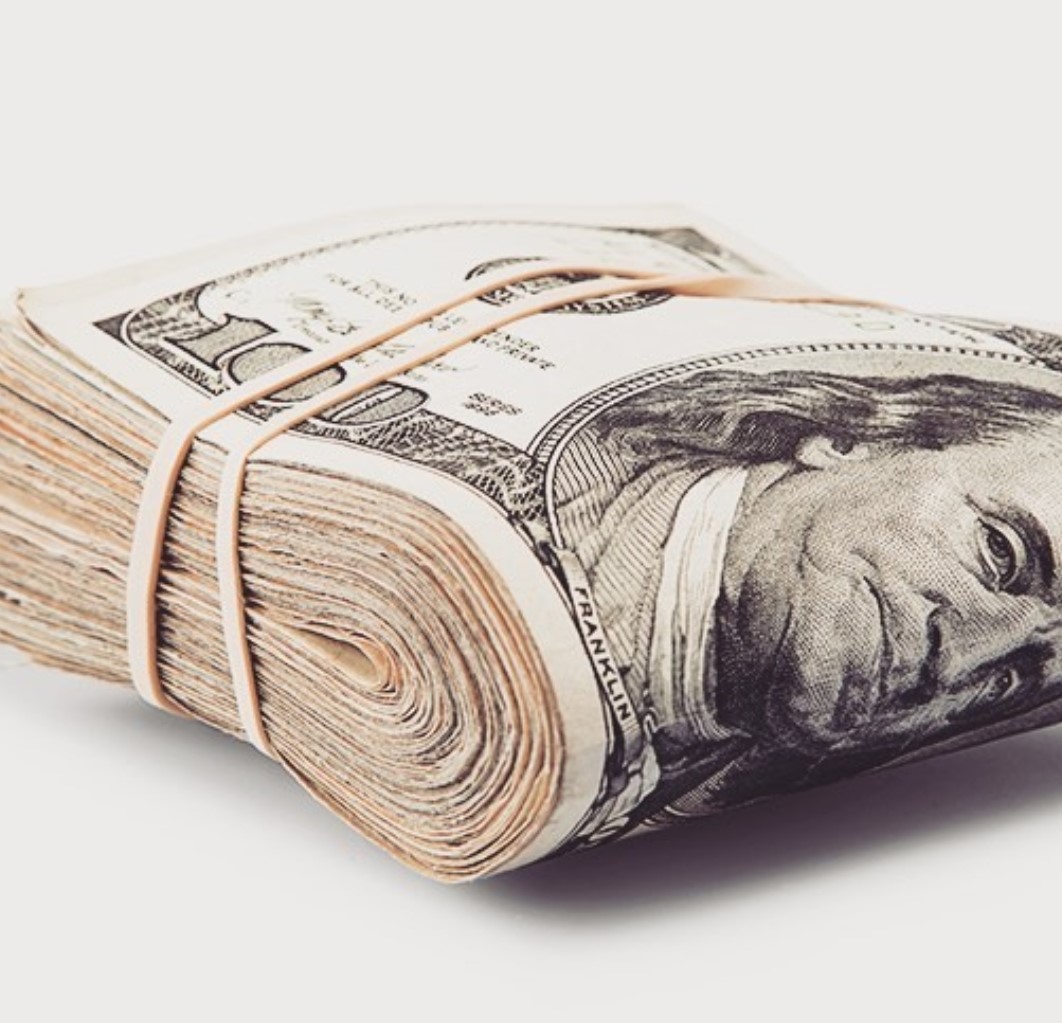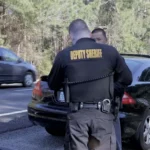The Fruits of Forfeiture in Little Compton
The Providence Journal’s Antonia Noori Farzan just published a great story (paywalled) about the Rhode Island town of Little Compton—the second-smallest town in the nation’s smallest state—and its receipt and use of civil forfeiture assets.
The story begins in the 1980s, when a Little Compton patrol officer, Ron Coffey, stopped a driver for a minor traffic violation. Coffey later performed what he called a “routine background check” and discovered that the driver was a deserter from the South African army and had bought a house in cash. Coffey surveilled the driver for the next five years, eventually helping to discover an international drug-dealing conspiracy involving the offloading of hundreds of thousands of pounds of hashish onto the Narragansett beach.
Federal agents made scores of arrests, and ultimately 56 people connected to the drug ring were convicted. Little Compton’s police force ultimately received a healthy share of the seized assets—nearly $4 million, a sum more than 10 times the department’s annual budget. This may have been the biggest news out of Little Compton since the late 19th century, when town residents developed the Rhode Island Red breed of domestic chicken. The forfeiture proceeds, sent to Little Compton in a series of federal payments, were an extraordinary windfall for a town with fewer than 3,500 people.
Under federal law, the money Little Compton received had to be spent for law enforcement purposes, not to benefit the community generally. Moreover, it couldn’t be used to pay for existing police salaries or to replace existing equipment. So the police force bought bulletproof vests, handguns with laser sights, body-heat detection devices, daytime pursuit lights, and customized police cruisers. It also leased a black Camaro for the police chief and a Pontiac Firebird for Ron Coffey. Some citizens felt that such spending might be overkill for a sleepy, almost crime-free tourist town; Little Compton had not seen a murder for the last two decades.
Other items the police department bought had an even more tenuous connection to law enforcement purposes. Eventually, federal auditors inspected Little Compton’s books and discovered that forfeiture funds had paid for a fireworks display, a wood chipper, a TV and VCR for a teen recreational center, a schoolchildren’s trip to Wisconsin, a truck for the maintenance department, and a desk and computer for the town treasurer. As a result, the Department of Justice briefly suspended the town’s forfeiture payments and deducted $88,000 from the next seven-figure check Little Compton received.
After 30 years, the money in the drug forfeiture fund has dwindled to a few thousand dollars. Town officials have spent more than $100,000 from it every year on items like anti-terrorism seminars, professional headshots of officers, D.A.R.E. caps handed out at graduation ceremonies, herbicide treatments at the rifle range, wall calendars handed out to the public, and more than $1,000 of car washes. The department now has a yearly budget that tops $1 million—which indicates extraordinary growth even after factoring for inflation. The police payroll has grown from six full-time employees to nine. What expenses will Little Compton eliminate now that the police force no longer has its slush fund? Fewer car washes for Ron Coffey’s Firebird? Skipping next year’s upgrade for the wood chipper? It’s anyone’s guess.

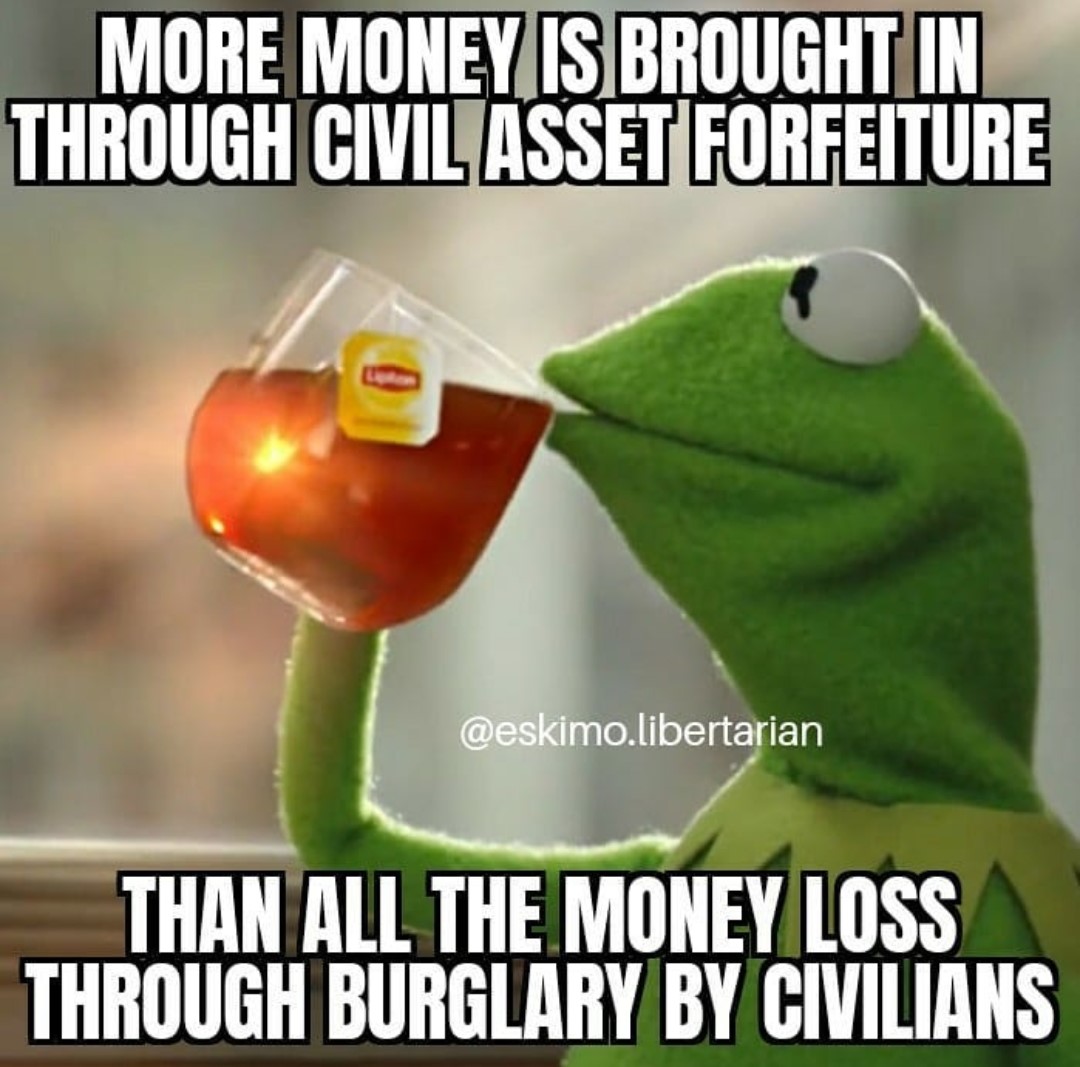
![GettyImages-859630296[1]](https://rucci.law/wp-content/uploads/2023/12/GettyImages-8596302961.jpg)
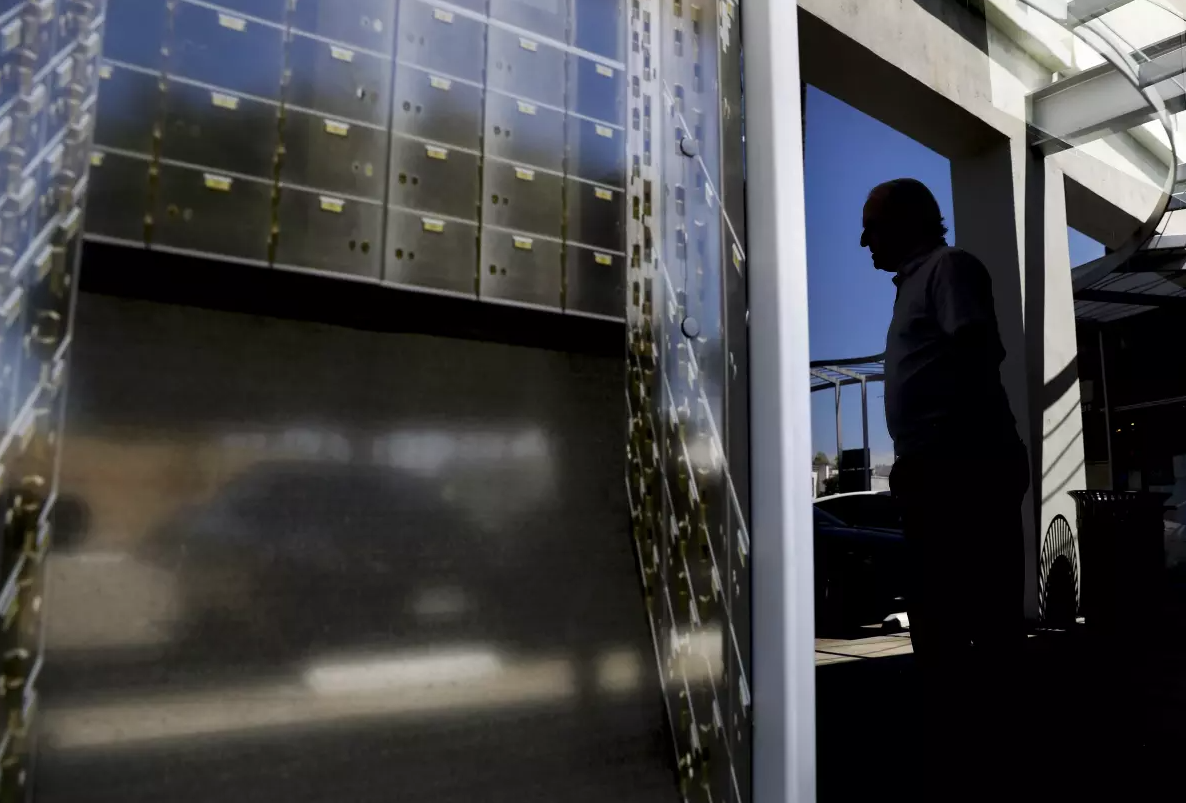

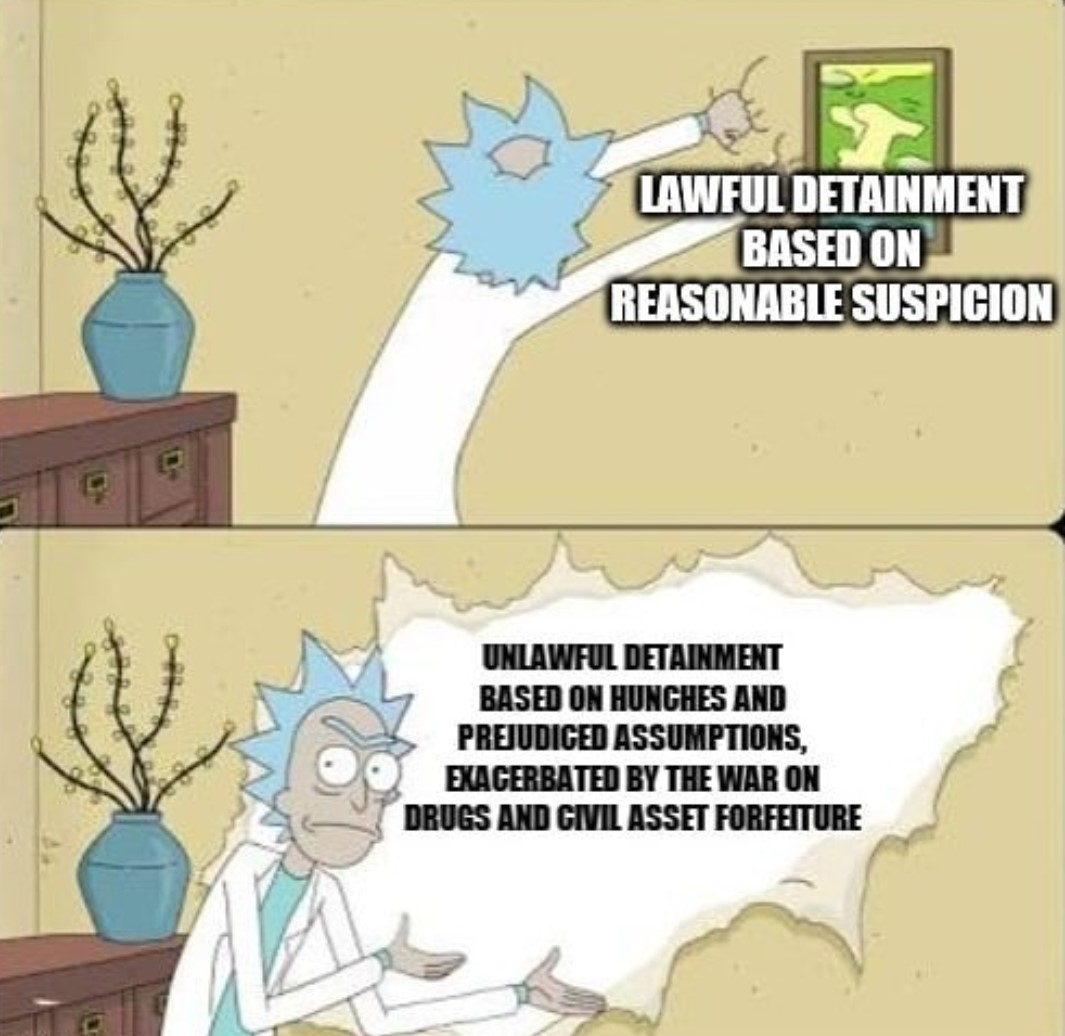
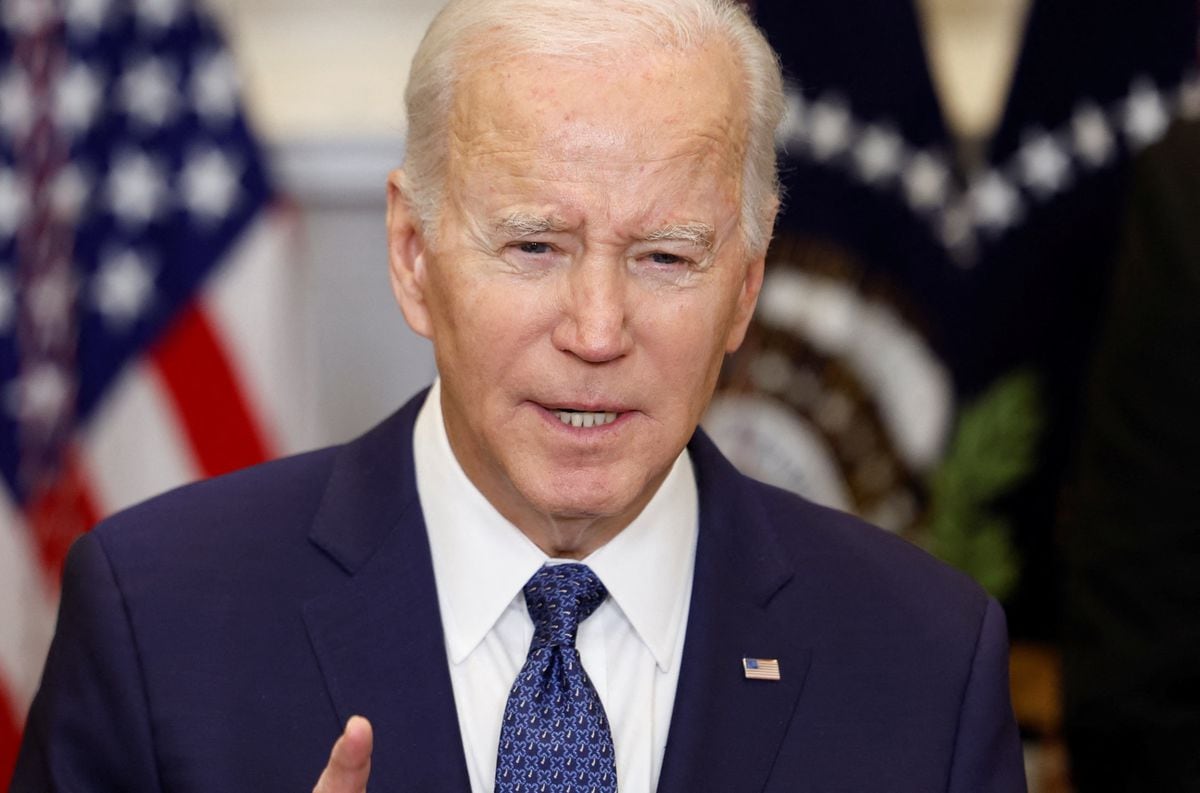
![cop_hand_up_000018137672XLarge[1]](https://rucci.law/wp-content/uploads/2023/12/cop_hand_up_000018137672XLarge1.jpg)

